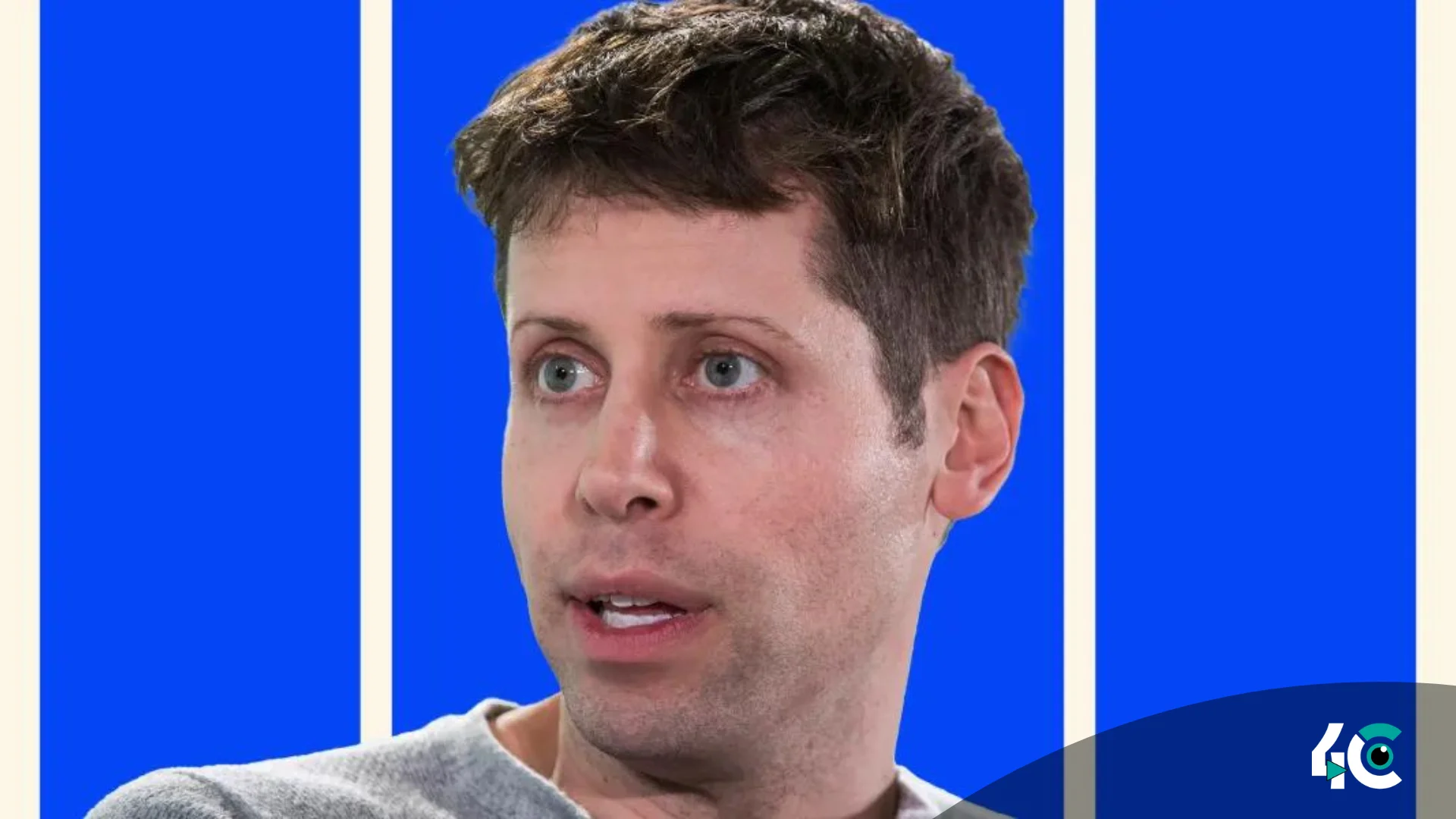In a blog post on September 23, OpenAI CEO and co-founder Sam Altman offered a daring future vision for artificial intelligence. Altman asserted that thanks mostly to developments in deep learning and artificial intelligence technology, mankind is poised for a period of “unimaginable prosperity.”
Altman argues that the “Intelligence Age” begins with OpenAI’s recent discovery in its “o1” artificial intelligence model. According to him, the most recent artificial intelligence models—including ChatGPT—have exceeded earlier constraints, thereby enabling more sophisticated problem-solving capacity that would finally transform many sectors. AI will shortly be able to create ever more potent copies of itself, hence boosting scientific and technical development all around.
The Authority of Deep Learning
Critics who question the scalability of deep learning—an artificial intelligence method behind well-known models like ChatGPT and Google’s Gemini—are brushed by Altman. He claims with assurance that deep learning has shown success, always increasing with more funding. From tackling climate change to revealing the secrets of physics, Altman says this innovation will let artificial intelligence handle some of the most difficult problems facing the planet.
Although these developments will happen slowly, Altman sees a day when “astounding triumphs” such as answering basic scientific riddles, building space colonies, and correcting environmental problems will finally become commonplace successes.
A time of shared riches
Altman stresses that the next several decades will provide technical miracles that would appear like enchantment to past generations, even if he does not offer an exact chronology for these developments. According to him, artificial intelligence would enable a future in which people’s lives are noticeably better than they are now, therefore contributing to “shared prosperity” on hitherto unheard-of proportions.
Although Altman is hopeful about how artificial intelligence will shape society, he also notes that the emergence of AI will provide difficulties, especially in job markets. Though he tells us that job changes will develop more slowly than many anticipate, he predicts major changes in the way people work and lots of chances for new sorts of employment.
Releated: OpenAI to Launch “Strawberry” AI Model in Two Weeks
Infrastructure and World-wide AI Access
Altman, but, also resonates as a warning tone. He emphasizes the need of developing the required infrastructure to provide general accessibility to artificial intelligence. The rich may monopoly artificial intelligence without enough infrastructure investment, therefore causing possible disputes over its management. He advocates the democratization of artificial intelligence technology to stop this so that they would help everyone, not only a privileged few.
Notwithstanding these obstacles, Altman is sure that artificial intelligence will help to improve the planet. He thinks that the possibility of artificial intelligence to propel development will much exceed its negative effects, and that we are about to enter a time when wealth will reach hitherto unheard-of heights.
































